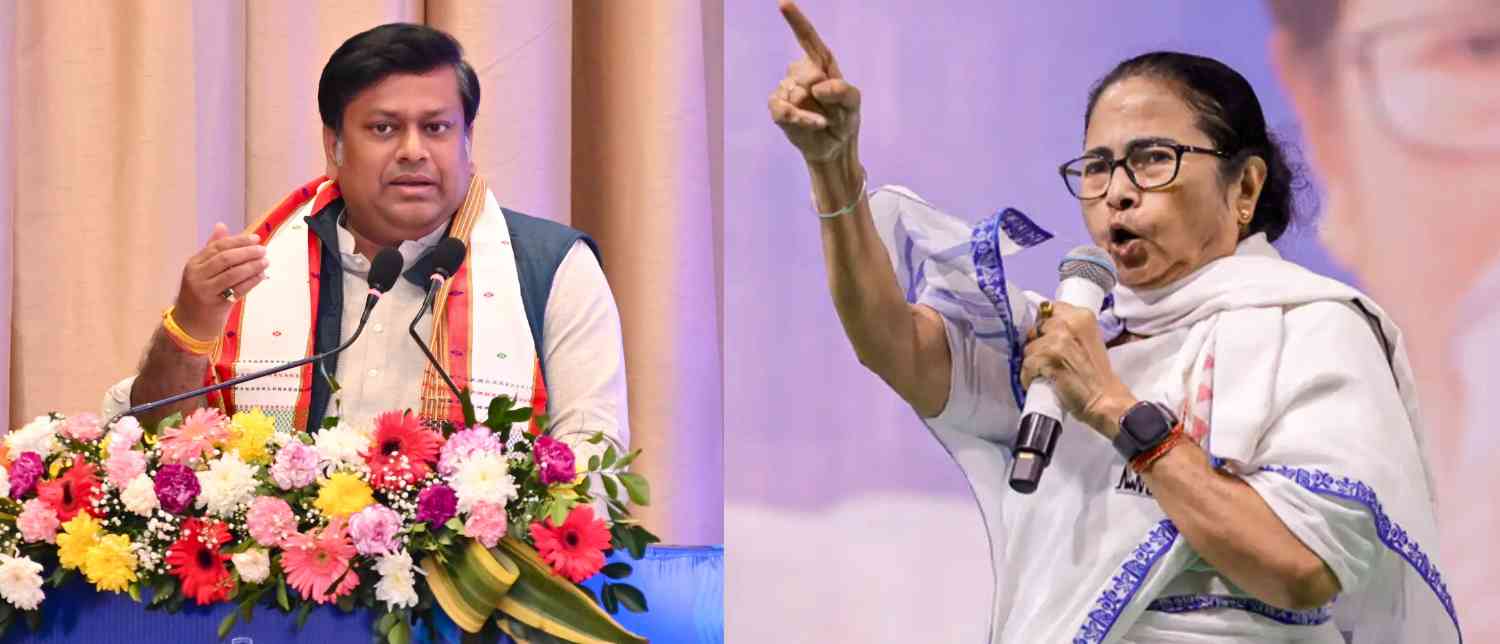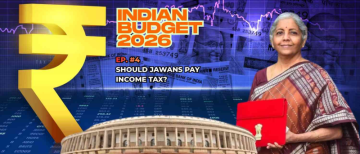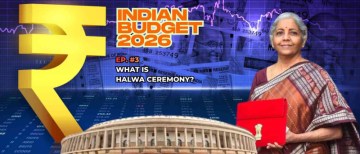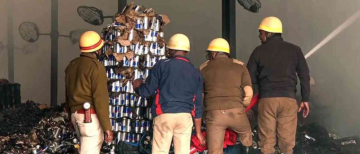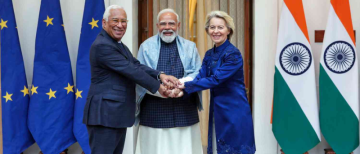The Bharatiya Janata Party (BJP) has strongly criticised West Bengal Chief Minister Mamata Banerjee over her remarks on the recent Durgapur gangrape case, accusing her of “trying to victim shame” and showing insensitivity towards survivors of sexual violence. The controversy comes amid public outrage and protests demanding strict action against the accused in the horrific incident.
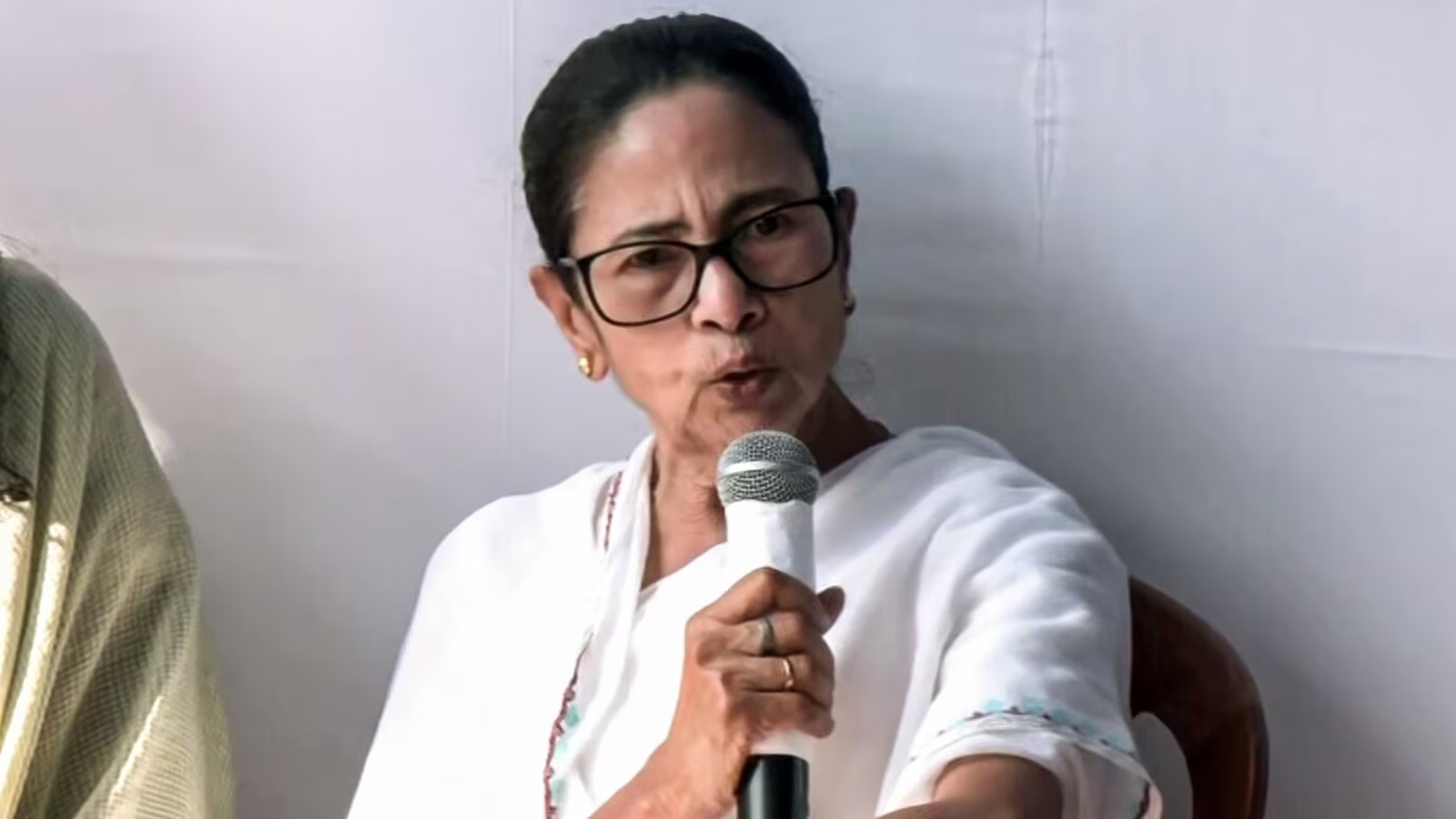
The case involves a young woman who was allegedly gangraped in Durgapur, a key industrial city in West Bengal. According to police reports, the woman was assaulted by multiple men in an area known for heavy evening traffic and factories. The accused have been taken into custody, and investigations are ongoing. The crime has sparked widespread condemnation across political lines, with activists, residents, and leaders demanding justice and better safety measures for women.
On Sunday, Mamata Banerjee, while addressing the issue, appeared to question the circumstances under which the incident occurred. She reportedly remarked about the timing and situation, suggesting that “responsibility” should also be observed in public behaviour. Critics argue that her choice of words hinted at blaming the victim, rather than focusing solely on condemning the perpetrators.
Her remarks were quickly picked up by opposition parties, women’s rights groups, and social media users, many of whom felt the statement could discourage survivors from speaking out.
BJP leaders in West Bengal were quick to respond, accusing the Chief Minister of insensitivity. Party spokespersons claimed that Banerjee’s words amounted to “victim blaming” — a dangerous narrative that shifts focus away from the accused and indirectly questions the conduct of the victim.
BJP state president Sukanta Majumdar stated, “Instead of showing empathy and ensuring the strictest punishment for the culprits, Mamata Banerjee is trying to lecture women on how they should behave. This is unacceptable.”
They further called for the Chief Minister to retract her statement and issue a public apology to the survivor and other women in the state. The BJP also demanded that the state government strengthen its law-and-order commitments and fast-track sexual offence trials.
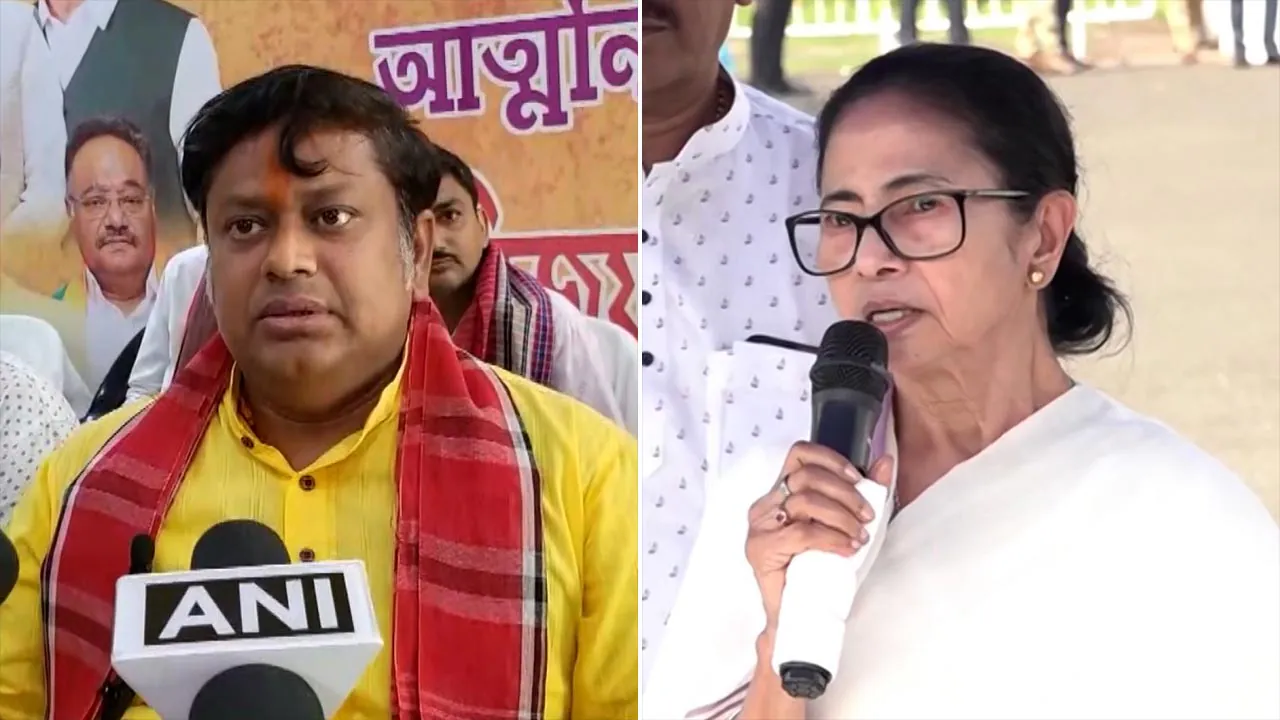
Several women’s rights organisations have condemned the remark, pointing out that victim shaming not only adds to the trauma but also creates social barriers for survivors who wish to seek justice. Social media has seen hashtags like #StopVictimBlaming and #StandWithSurvivors trending, with users sharing stories and expressing solidarity.
In Durgapur itself, local activists organised a small street protest calling for respectful public discourse from leaders when speaking about sexual violence.
West Bengal politics has been tense over the past few years, with BJP working to strengthen its base in the state. Law-and-order issues have often become points of contention, and crimes against women have particularly drawn heated debates between the ruling Trinamool Congress (TMC) and its rivals.
For the BJP, Banerjee’s statement has offered a fresh opportunity to target her leadership style and her government’s handling of crime. For the TMC, defending the Chief Minister’s intent while managing public backlash is a delicate challenge.
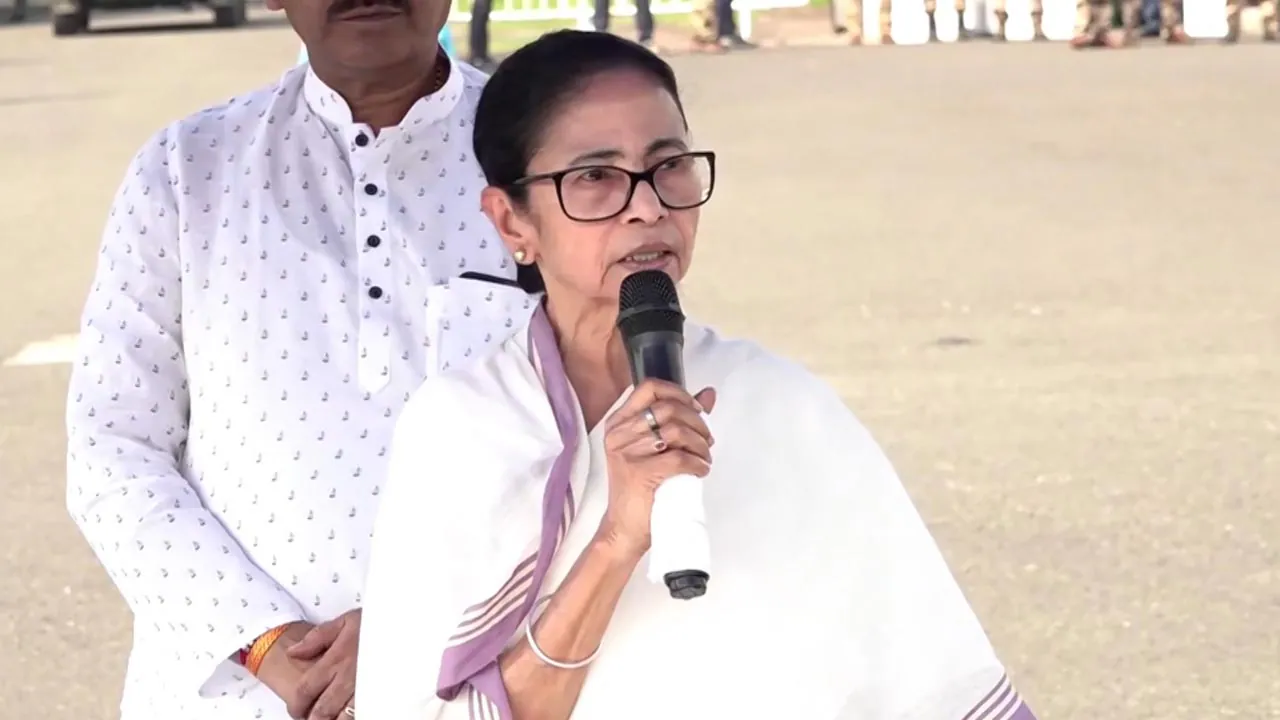
Experts in social psychology highlight that the language leaders use greatly influences public attitudes towards sensitive topics like sexual violence. Statements that even indirectly question victims can cause deep emotional harm and discourage others from reporting such crimes.
Victim blaming has been identified as a key factor that perpetuates silence and fear among survivors. In a society working to combat gender-based violence, it is seen as essential for public figures to lead by example, showing empathy, firm condemnation of perpetrators, and support for survivors.
While Mamata Banerjee’s supporters argue that her comments may have been misunderstood or taken out of context, the incident stresses the need for careful communication from political leaders. Even if the intent is to advise on public safety, the phrasing must avoid implying blame on the victim.
On the other hand, the BJP’s sharp reaction follows a familiar pattern of opposition strategy — making leadership accountability a central issue. In an election-conscious environment, such controversies are often amplified as part of political positioning.
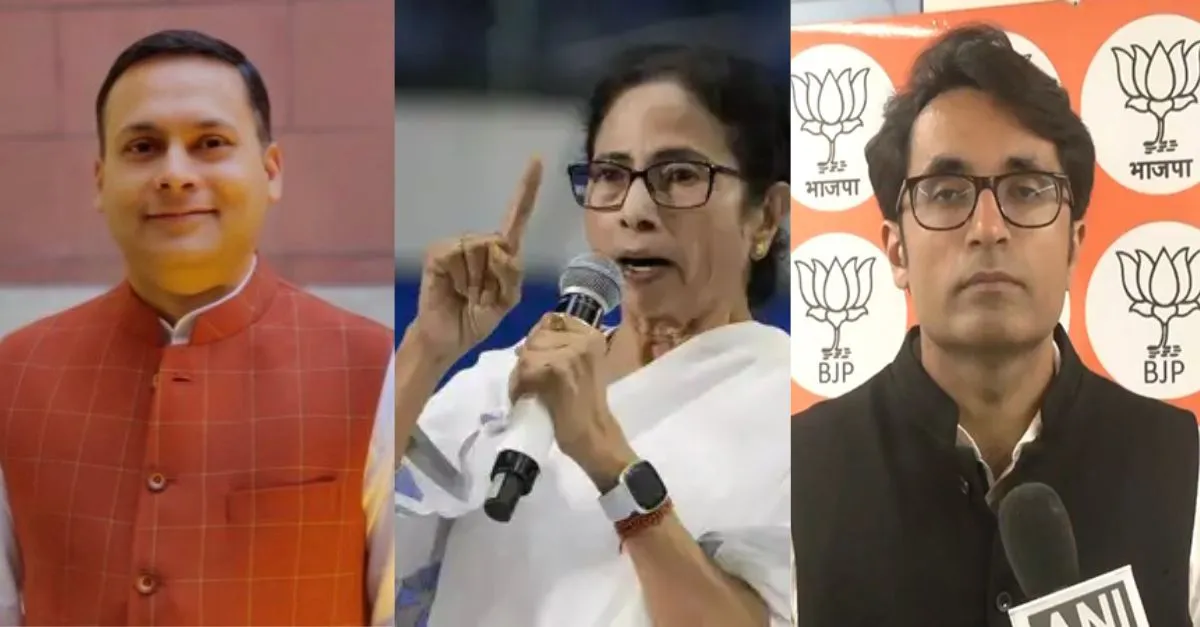
Ultimately, the Durgapur case serves as a reminder of the continuing challenge India faces in addressing crimes against women. Beyond political sparring, experts insist that the priority should remain ensuring survivor support, swift justice, and reforms that make public spaces safer.
With inputs from agencies
Image Source: Multiple agencies
© Copyright 2025. All Rights Reserved. Powered by Vygr Media.

